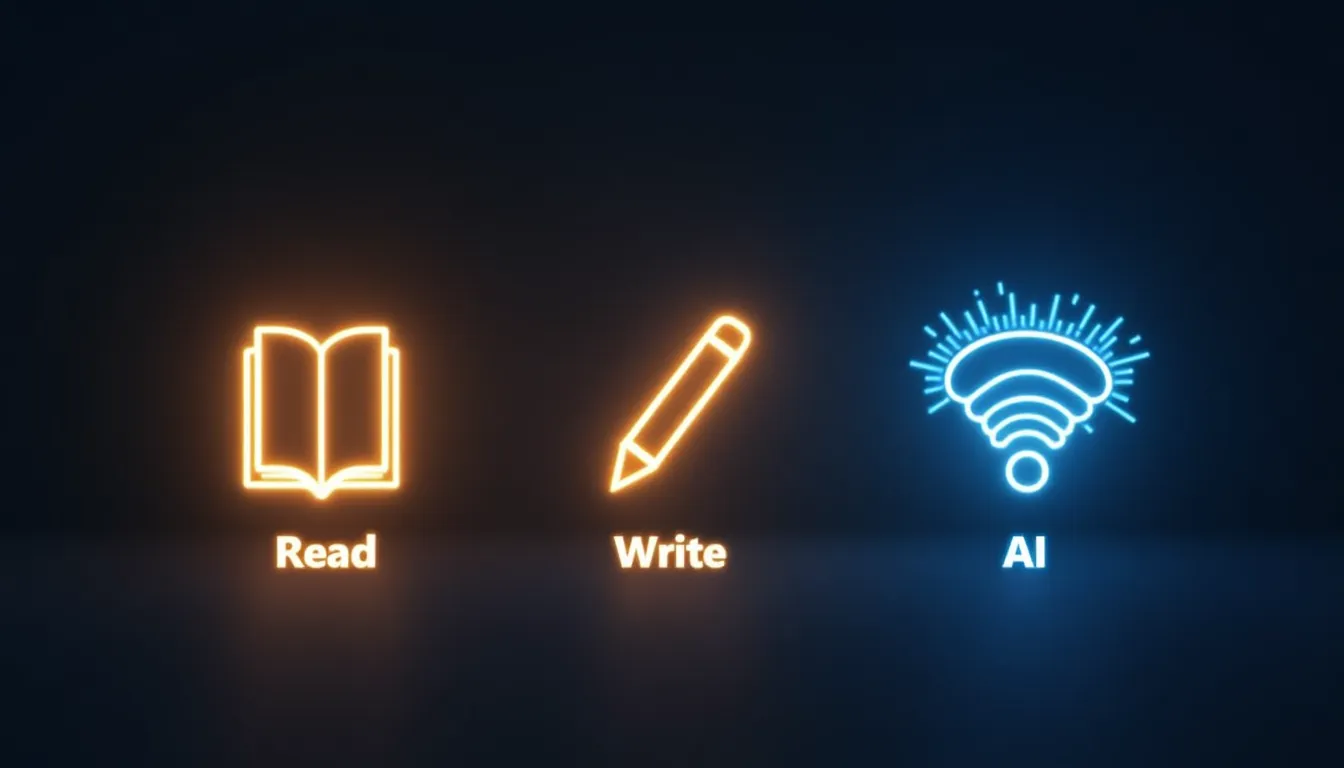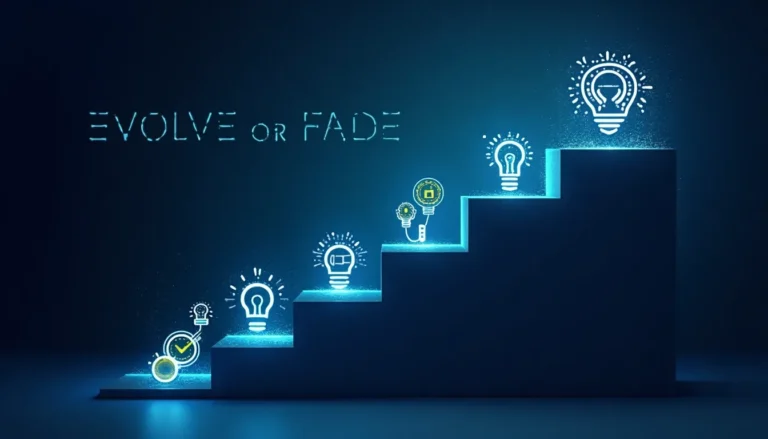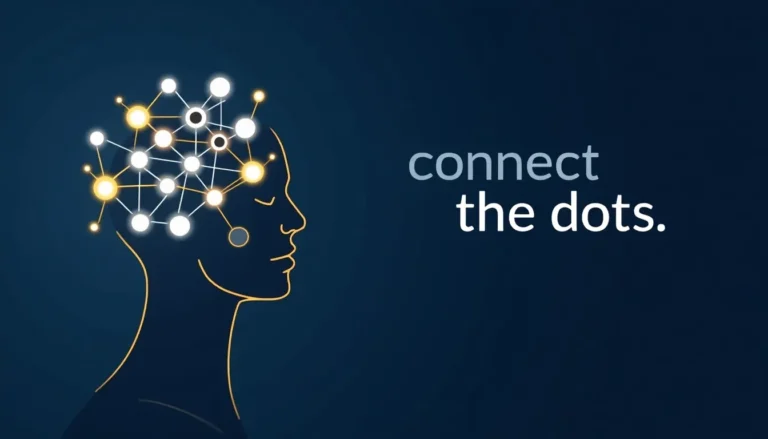Reading and writing were once optional skills. Then they became essential.
The same transformation is happening with AI literacy.
Today, understanding AI isn’t just for tech enthusiasts or computer scientists. It’s becoming as fundamental as reading an email or sending a text message.
The shift is already here:
– Customer service reps collaborate with AI assistants
– Writers refine their work with AI tools
– Marketers generate and test ideas at scale
– Students learn alongside AI tutors
But there’s a crucial difference between traditional literacy and AI literacy.
Traditional literacy took generations to become universal. AI literacy will become essential in years, not decades.
The pace of change is unprecedented. Those who understand how to work with AI will have an insurmountable advantage over those who don’t.
This isn’t about becoming a programmer or data scientist.
It’s about understanding:
– How to communicate effectively with AI
– When to use AI (and when not to)
– How to verify AI outputs
– The ethical implications of AI use
The good news? The barriers to entry are lower than ever.
You don’t need a degree.
You don’t need coding skills.
You just need curiosity and willingness to learn.
The question isn’t whether AI literacy will become essential.
The question is: Will you be ready when it does?



